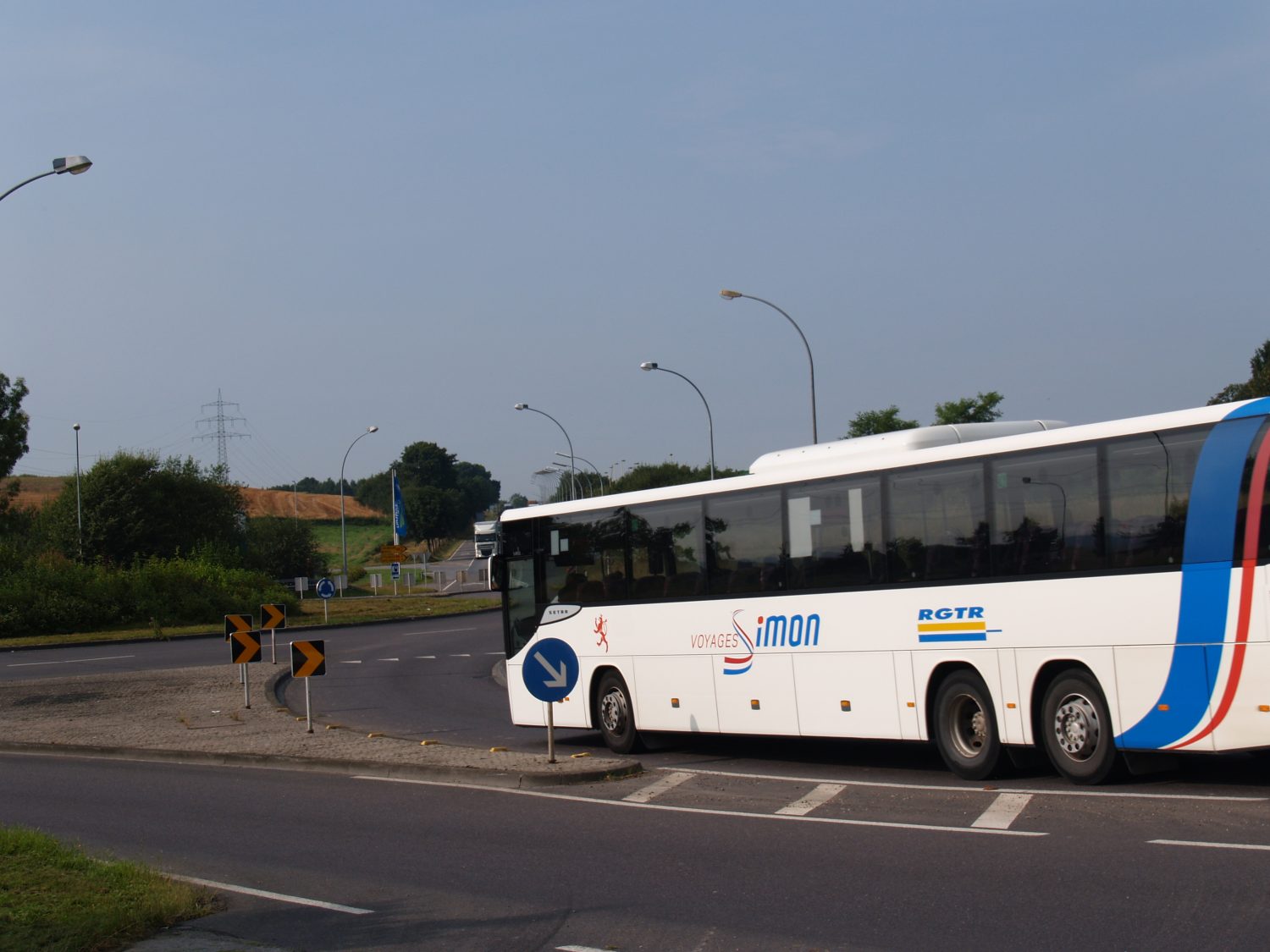« Dans le cadre de la réforme du réseau RGTR, la modification de l’itinéraire des lignes de bus 110 et 111 liant Echternach à la ville de Luxembourg a résulté en une augmentation considérable des temps de trajet, ce qui à son tour a diminué l’attractivité des transports en commun dans la région de manière non-négligeable. En effet, selon un sondage de la commune de Berdorf, ces modifications amèneraient 78% des participants à prendre leur voiture au lieu des transports en commun.
Pourtant, d’après un article de presse, le ministère prévoirait seulement des adaptations mineures, se limitant au déplacement du terminus du Kirchberg au Glacis à Luxembourg-ville pour au plus tard mai 2022, citant le manque de réclamations de citoyens concernés comme preuve que la réforme des deux lignes de bus serait accueillie favorablement par ceux-ci.
Dans ce contexte j’aimerais poser les questions suivantes à Monsieur le Ministre de la Mobilité et des Travaux publics :
- Combien de réclamations Monsieur le Ministre a-t-il reçu concernant la réforme des deux lignes de bus en question ?
- Le cas échéant, quelles suites Monsieur le Ministre entend-il donner à ces réclamations ? Quelles autres pistes Monsieur le Ministre entend-il poursuivre afin de rendre plus attractif de nouveau les lignes 110 et 111 et d’éviter qu’une grande partie des usagers n’aient recours au transport individuel ?
- Pour quelles raisons est-il exclu que l’itinéraire passe de nouveau par Dommeldange et Eisch ?
- Quelle est l’évolution du nombre de passagers journaliers sur les deux lignes en question au fil des trois dernières années ? »






